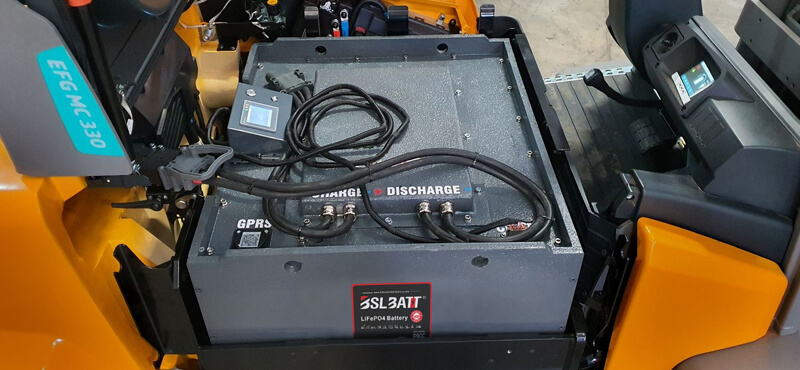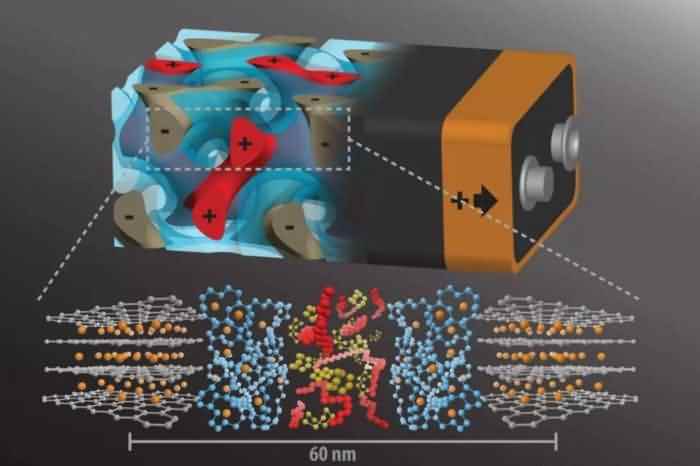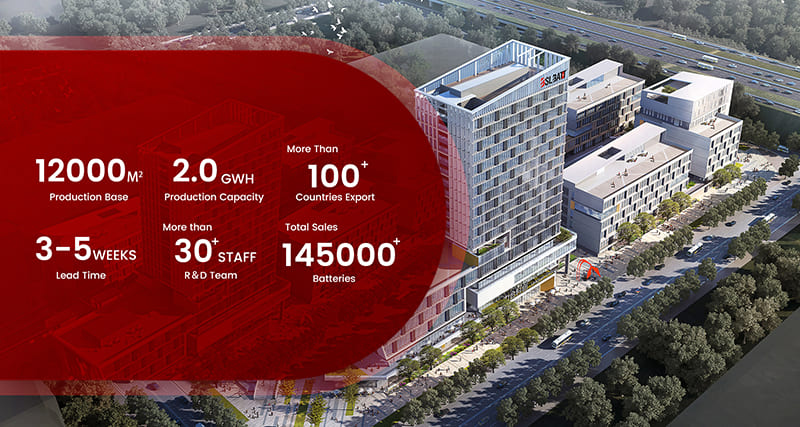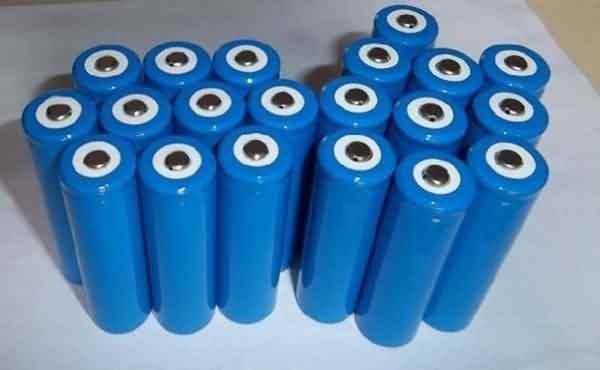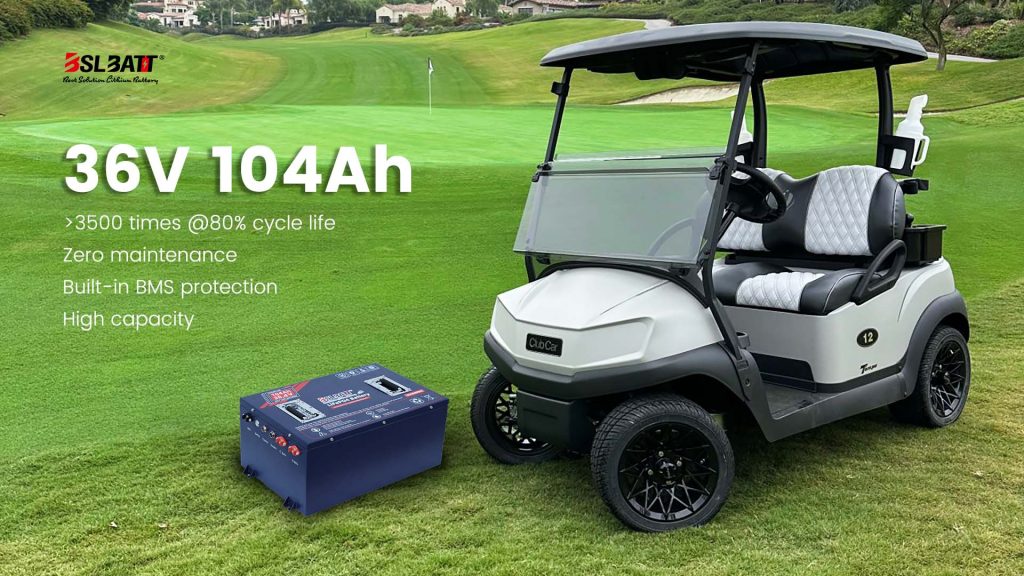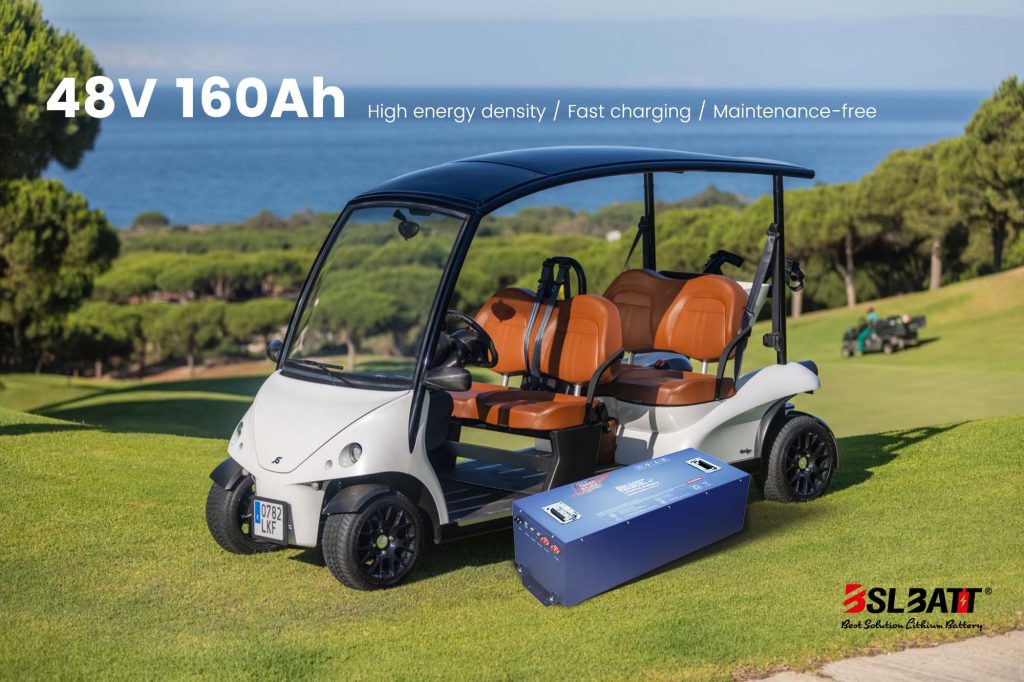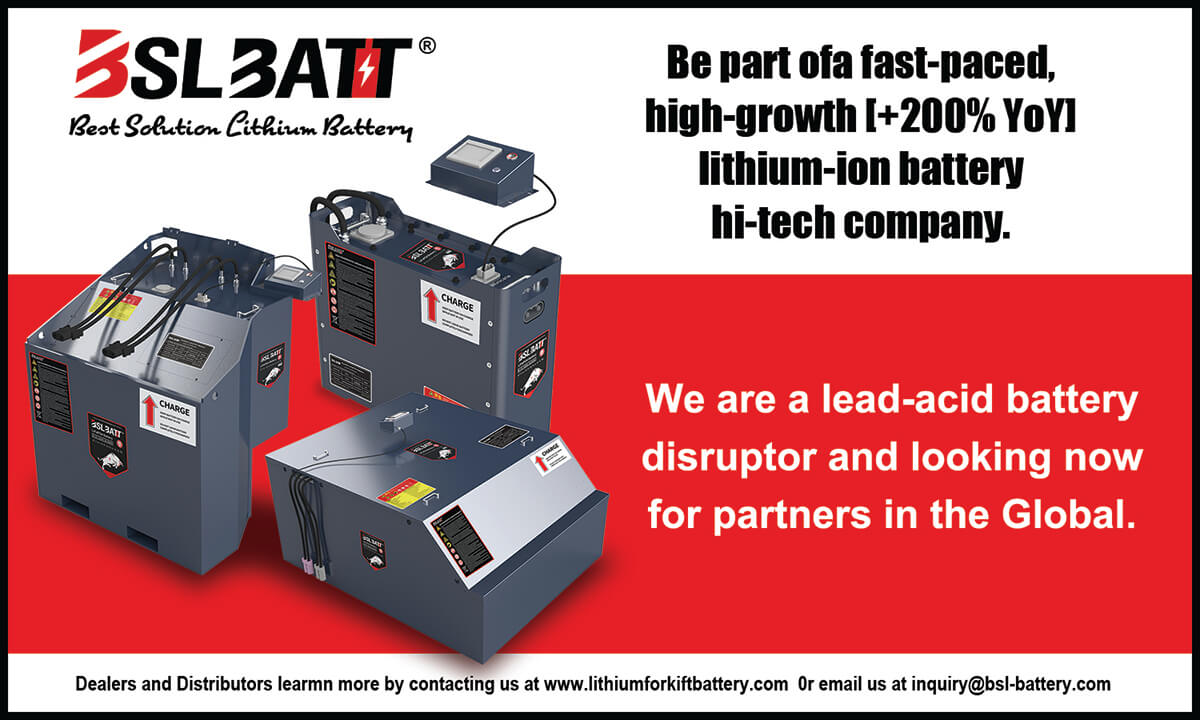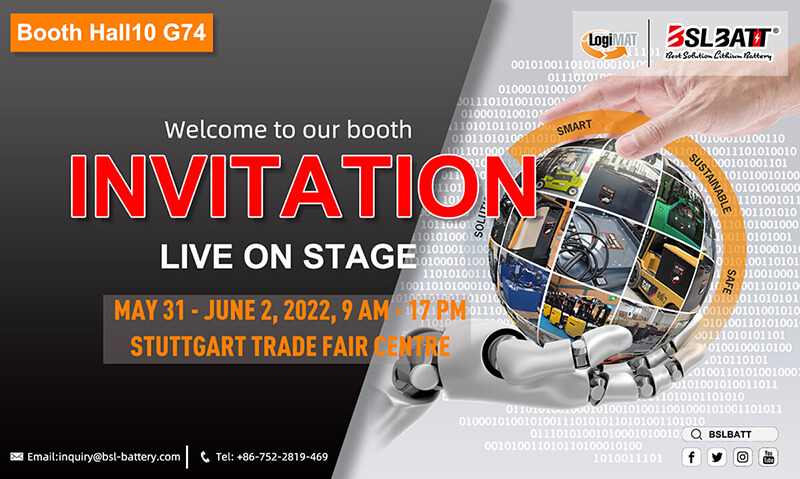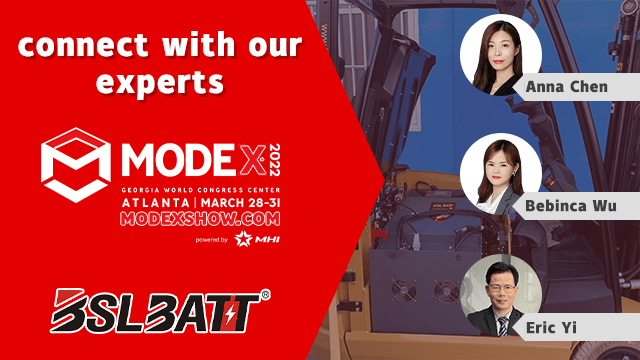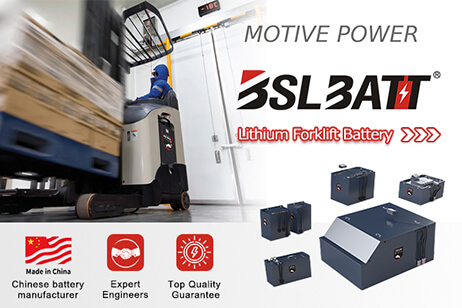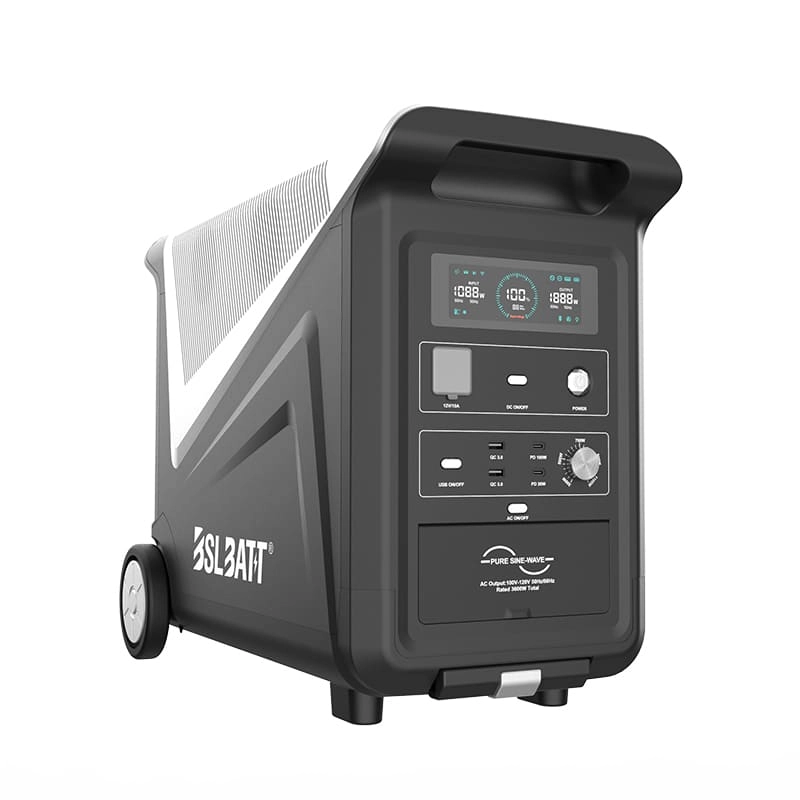Industry Application
Product Type
Solid state lithium battery VS traditional lithium battery
| The solid lithium battery refers to a lithium secondary battery in which the electrolyte portion of the battery is made of a solid material. Solid-state batteries differ from conventional lithium-ion batteries in that solid-state batteries replace the electrolytes, electrolyte salts, and separators of conventional lithium-ion batteries with solid electrolytes.
Safety, energy density and cycle life have always been three major requirements for power batteries. Because solid-state batteries have the potential to outperform traditional lithium-ion batteries in all three respects, they are also considered the next generation of battery technology:
Advantages of solid-state battery: high safety, no risk of spontaneous combustion or explosion. Conventional lithium-ion batteries using organic electrolytes tend to cause heat generation in the electrolyte under abnormal conditions such as overcharging and internal short-circuit, and there is a danger of spontaneous combustion or even explosion. All solid-state lithium batteries are based on solid materials, which are non-flammable, non-corrosive, non-volatile, and free of liquid leakage, and are expected to overcome lithium dendrite. Semi-solid, quasi-solid batteries still have a certain risk of flammability, but the safety is also higher than that of liquid electrolyte batteries. Advantages of solid-state battery 2: High energy density, it is expected to completely solve the mileage anxiety of electric vehicles. At present, the lithium-ion battery under the technical system is close to the performance limit. The energy density of the Tesla NCA18650 battery reaches 250Wh/Kg. The energy density of the 21700 battery used in the Model3 is about 300Wh/Kg, and the cruising range is about 400 to 500 kilometers. It is impossible to completely solve the mileage anxiety.
For solid-state batteries, on the one hand, the solid electrolyte does not require a diaphragm and an electrolyte. These two parts add up to nearly 40% of the volume and 25% of the mass in a conventional lithium-ion battery. On the other hand, there is no leakage, corrosion, etc. The problem is that the battery case and the cooling system module can be simplified to further reduce the weight of the battery system. In addition, the new positive and negative materials can make the electrochemical window reach 5V or more, which can fundamentally increase the energy density, and is expected to reach 500Wh/Kg. It is expected to increase the cruising range to 600-700km under the same battery capacity. In addition, solid-state batteries have the advantages of long cycle life, wide operating temperature range, and fast charging. The development of lithium ion battery solid state represents a significant advancement in the field of energy storage. With their enhanced safety, improved energy density, extended lifespan, and wider operating temperature range, lithium ion battery solid state have the potential to revolutionize various industries. Continued research and development efforts are crucial to overcoming the challenges associated with solid-state electrolytes, paving the way for the widespread adoption of this technology and unlocking new possibilities for a sustainable future. For more about factory Lithium Battery products, please visit https://www.lithium-battery-factory.com/ |
A Guide to Choosing the Best 48V Lithium Golf Cart Battery
Would it be worth investing in a 48V ...
10 Exciting Ways To Use Your 12V Lithium Batteries
Back in 2016 when BSLBATT first began designing what would become the first drop-in replacemen...
BSLBATT Battery Company Receives Bulk Orders from North American Customers
BSLBATT®, a China Forklift battery manufacturer specializing in the material handling indust...
Fun Find Friday: BSLBATT Battery is coming to another great LogiMAT 2022
MEET US! VETTER’S EXHIBITION YEAR 2022! LogiMAT in Stuttgart: SMART – SUSTAINABLE – SAF...
Looking for new Distributors and Dealers for BSL Lithium Batteries
BSLBATT battery is a fast-paced, high-growth (200% YoY ) hi-tech company that is leading the a...
BSLBATT to Participate at MODEX 2022 on March 28-31 in Atlanta, GA
BSLBATT is one of the largest developers, manufacturers, and integrators of lithium-ion batter...
What makes the BSLBATT the Superior Lithium Battery for your Motive Power needs?
Electric forklift and Floor Cleaning Machines owners who seek the ultimate performance will fi...








